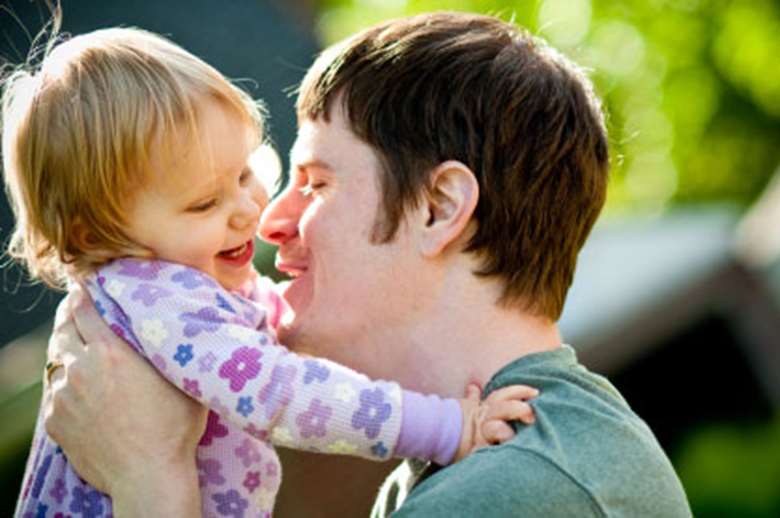Positive Relationships: Policies - Focus on family
Monday, March 24, 2014
A set of early years briefing papers for political parties ahead of the next general election has 'parents and families' among its themes.

Produced by TACTYC (the Association for the Professional Development of Early Years Educators) and the early years section of BERA (the British Educational Research Association)the papers also cover play, pedagogy, professionalism, assessment, school readiness. Here is an extract from the parents and families section.
PARENTS AND FAMILIES
Immediate concerns
- Develop professional development opportunities for all graduate practitioners working with children aged birth to six, so that they are better able to lead practice that supports and empowers parents and families from different backgrounds.
- In particular, identify ways to support key persons working with two-year-olds, so that they are better able to carry out the two-year-old progress check and share it with parents and health visitors.
- Investigate ways to support parental choice of childcare options. This could include revising taxation/parental leave structures so that non-working parents can transfer their tax allowance to a working parent at any point during the first three years of a child's life, so that the carer receives a small wage, funded by transferred tax allowance.
Mid-term issues
- Ensure that all early years practitioners have a core understanding of social inequalities and cultural difference and their impact on families, and that they are able to look at the world from a parent's point of view while still maintaining fully professional relationships that allow them to carry out safeguarding functions.
- Ensure that practitioners are able to work in genuine partnership with parents and carers, avoiding a 'deficit model' of parenting that constructs the practitioner as the 'expert' and the parent as the 'learner/junior partner'.
- Continue to revise taxation/parental leave structures in innovative ways to help parents and their close relatives to work together to provide home-based care for children under five, where appropriate. For example, enable parents or grandparents to share a period of 36 months leave from the workplace to care for the child in a flexible fashion.
- Continue to fund children's centres to provide a family hub for local communities. Extend their role by integrating services for the elderly with services for children and provide a venue for people of all ages to work together in various ventures.
Long-term aspirations
- Find out more about how parents and families from a variety of different backgrounds understand 'quality' in early years provision.
- Identify how different understandings of 'experienced' quality are related to quality as constructed in policy; that is, do measurements and judgements of quality capture what parents and families think is good about settings and what they would like improved?
MORE INFORMATION
Early Years: policy advice and future research agendas is at http://bit.ly/1nD8kUP.






